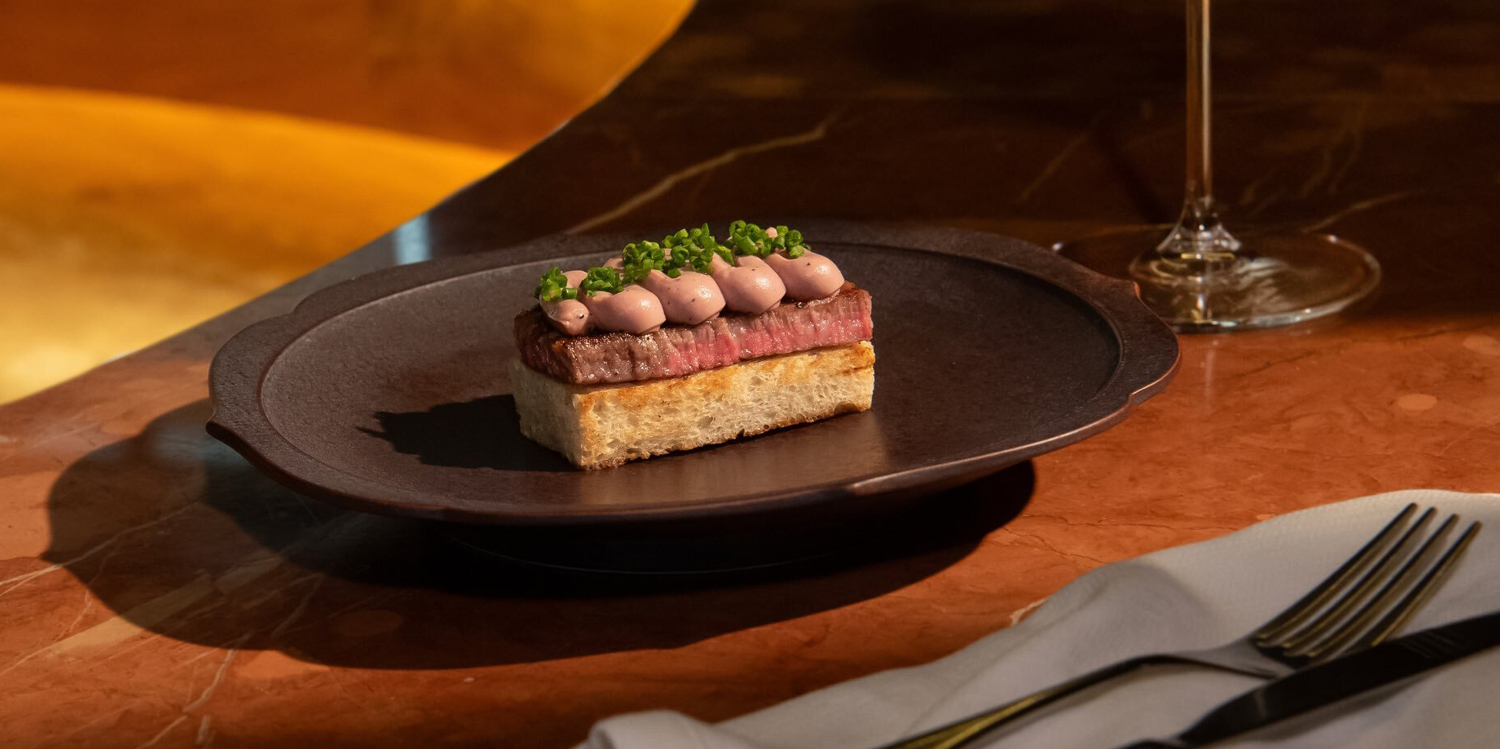Move aside snags and lamb chops – cell-cultured meat might be soon on the summer barbeque menu.
Australian food regulators want to streamline how they assess the growing range of lab-grown foods, starting with cell-cultured quail, which they found was safe.
It is the first cell-cultured food produced in Australia and assessed by Food Standards Australia New Zealand, which has just closed the second round of public consultation on moves to amend the food standards code to allow the use of the lab-grown quail as a food.
The application from Vow Group Pty Ltd sought approval to use cultured quail cells in combination with other ingredients to make products such as logs, rolls and patties.
Based on a scientific assessment, FSANZ found no safety concerns with using cell-cultured quail as a food and first sought public feedback 12 months ago.
After looking at the evidence and submissions, the agency has now decided that rather than approving cultured quail cells as a novel food, it wants to streamline the process to allow the sale of Vow’s product and any cell-cultured food that passes a pre-market assessment.
FSANZ is recommending labelling these foods as either ‘cell-cultured’ or ‘cell-cultivated’ to help consumers make informed choices.
Professor Dora Marinova, a professor of sustainability at Curtin University, has published research on consumer attitudes to lab-grown meat.
She said there were still many unknowns surrounding cell-cultured meat and consumers were reluctant to accept it.
“They want transparency about the process used, environmental implications, vested interests and health implications,” she said.
“Another aspect is what the benefits of cell-cultured meat are compared to protein-rich foods, such as beans, lentils and nuts.
“The recently-released report by the Advisory Committee to the US Dietary Guidelines recommends shifts to more plant-based foods and a decrease in the consumption of all types of meat and animal-based products, and this is a good strategy for Australia also to follow.”
Professor Steve Flint, professor of food safety and microbiology at New Zealand’s Massey University, said regulations for cell-cultured foods were probably necessary but the products were likely to be less risky from a contamination point of view.
“From my perspective, the risks associated with such foods are likely to be much less than foods made from traditional raw materials as they will be produced under more controlled conditions than standard foods,” he said.
“Basically, most foods are produced from raw material that will contain contamination from an animal or farm, but cell-cultured foods will not have that risk from contaminated raw material that we face with most of the foods we eat.”


